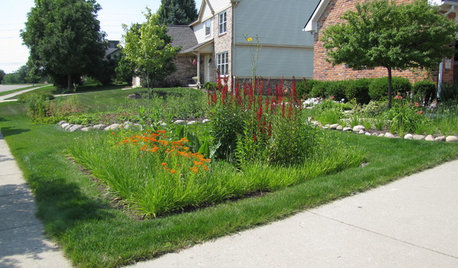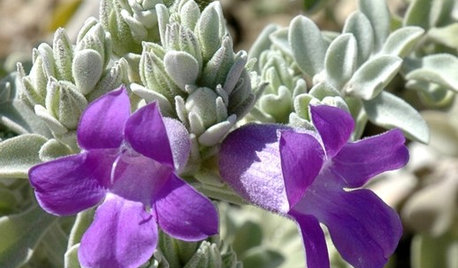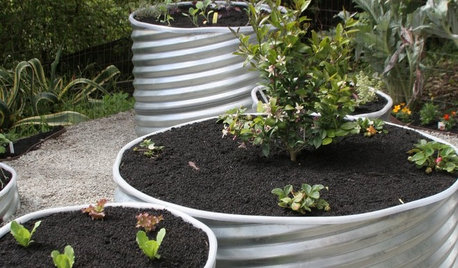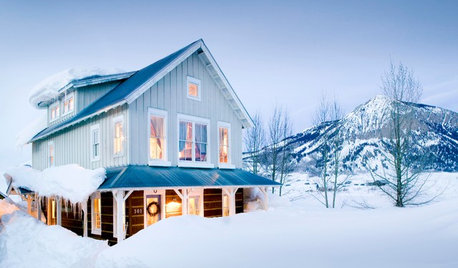Soil PH and Hard Water
elkwc
14 years ago
Featured Answer
Sort by:Oldest
Comments (10)
elkwc
14 years agolast modified: 9 years agoRelated Professionals
Derry Landscape Architects & Landscape Designers · Manhattan Beach Landscape Architects & Landscape Designers · Apollo Beach Landscape Contractors · Costa Mesa Landscape Contractors · Lake Zurich Landscape Contractors · Melrose Landscape Contractors · Mesa Landscape Contractors · Plantation Landscape Contractors · Vadnais Heights Landscape Contractors · Glendale Decks, Patios & Outdoor Enclosures · Miami Decks, Patios & Outdoor Enclosures · Paradise Valley Decks, Patios & Outdoor Enclosures · Prichard Decks, Patios & Outdoor Enclosures · Richmond Decks, Patios & Outdoor Enclosures · Verona Decks, Patios & Outdoor EnclosuresOkiedawn OK Zone 7
14 years agolast modified: 9 years agosoonergrandmom
14 years agolast modified: 9 years agoelkwc
14 years agolast modified: 9 years agop_mac
14 years agolast modified: 9 years agosoonergrandmom
14 years agolast modified: 9 years agomulberryknob
14 years agolast modified: 9 years agothesnowbishop
14 years agolast modified: 9 years agoelkwc
14 years agolast modified: 9 years ago
Related Stories

GARDENING GUIDESGrow a Beautiful Garden in Alkaline Soil
Got alkaline soil? Learn how to manage it and the many beautiful plants that will thrive in this ‘sweet’ soil
Full Story
GARDENING GUIDESGardening Solutions for Heavy Clay Soils
What’s a gardener to do with soil that’s easily compacted and has poor drainage? Find out here
Full Story
GARDENING GUIDESHow to Stop Worrying and Start Loving Clay Soil
Clay has many more benefits than you might imagine
Full Story
FARM YOUR YARDHow to Get Good Soil for Your Edible Garden
The nutrients in your soil feed the plants that feed you. Here are tips on getting it right — just in time for planting season
Full Story
LANDSCAPE DESIGNHow to Shape a Rain Garden and Create the Right Soil for It
Learn how to grade, lay out and amend the soil in your rain garden to support your plants
Full Story
GARDENING GUIDESGreat Design Plant: Try Blue Bells for Blooms in Dry Soil
This shrub’s violet-blue flowers and silvery foliage brighten low-water gardens all year long
Full Story
GARDENING GUIDESGet the Dirt on Your Garden’s Soil
Understand how your soil supports your plants so you can ensure your garden’s success
Full Story
GARDENING GUIDESHow to Pick a Mulch — and Why Your Soil Wants It
There's more to topdressing than shredded wood. Learn about mulch types, costs and design considerations here
Full Story
CONTAINER GARDENSContainer Gardening Basics: The Dirt on Soil
Learn the types of potting soil available and the best mixes to help your containers thrive
Full Story
LIFEHard Winter? 9 Ways to Battle Cabin Fever
We know a lot of you are trapped where it just won’t stop snowing. Here are some ways to survive
Full StoryMore Discussions






mulberryknob